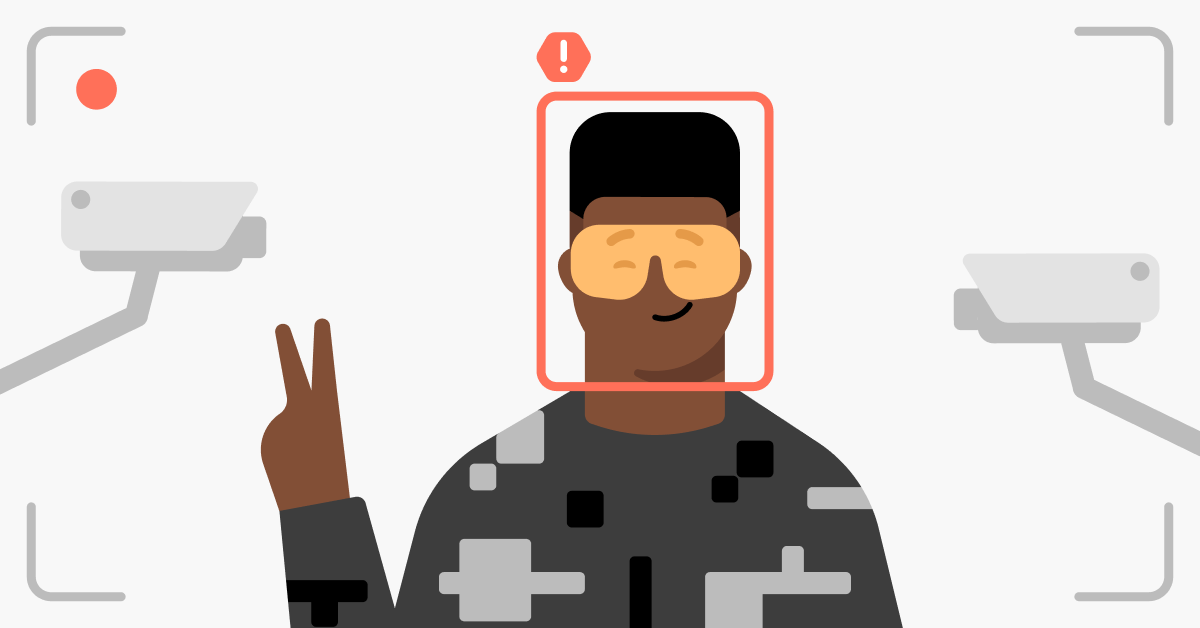VPC vs. VPN: How do they complement each other?
VPC vs. VPN compare with each other in how they create private access to the network resources. A Virtual Private Cloud (VPC) is a pool of resources within the public cloud. Meanwhile, a Virtual Private Network (VPN) allows securely connecting to these resources. Here, we will dive deeper into the VPC vs. VPN comparison. The two technologies work well with each other, empowering users to do more securely and privately.
Table of Contents
Table of Contents
What is a Virtual Private Cloud (VPC)?
Virtual Private Cloud (VPC) is a virtualized network of resources powered by cloud computing. In other words, VPC is a private cloud that resides within the public cloud. VPCs provide clients with a way of securely storing and accessing data and resources.
A public cloud offers the same infrastructure to multiple customers. Meanwhile, a private cloud service reserves a virtual space for one client, giving them complete control over it.
The following technologies have a role in isolating the cloud to make it private:
- Subnetting. A subnet is a range of reserved IP addresses. These IP addresses isolate parts of the network for private use by being available only to specific users. They are inaccessible through the public internet, making the network virtually invisible.
- Virtual Local Area Network (VLAN). Like a subnet, VLAN partitions the network, creating restricted areas. However, it does it at the data link layer by virtually connecting devices that share the same LAN.
- Security groups. Introduced by Amazon’s cloud services, security groups act like firewalls for VPCs. They filter traffic based on rules that the VPCs client defines in advance.
- Routing tables. Customized to suit the client’s needs, routing tables direct traffic across the private network. They ensure the traffic only reaches the parts of the VPC intended for it.
- Network address translation (NAT). This technology matches the private IP addresses with the public ones. This enables connection with the public internet, allowing public-facing websites to run on VPC.
What is a Virtual Private Network (VPN)?
A Virtual Private Network (VPN) provides access to remote servers and encrypts the data transferred to and from them. VPNs hide the user’s real IP address by routing traffic through a VPN server before directing it to the end server.
Organizations use two main types of VPNs:
- Site-to-site VPN, which securely connects branch offices with the main corporate network.
- Remote access VPN that provides remote users with private access to the firm’s on-premises network.
In both cases, the VPN connection provides privacy and security to the users and the entire network.
VPC vs. VPN: What’s the difference?
VPCs and VPNs are similar in that they both create privacy virtually, that is, without requiring additional hardware. VPCs can use a VPN connection to encrypt traffic, thus adding a layer of security.
VPC vs. VPN also differ in the following ways:
- A VPN server does not host any resources. It only provides secure access to the end server that holds resources, for example, an on-premises data center.
- A VPC is a network that can host various resources.
Although there are cloud VPNs, a VPN server does not have to connect to a cloud or be hosted there.
A VPC is a cloud network that does not have to use a VPN. However, many VPC services opt for using VPN as cloud servers are notoriously vulnerable to cyber attacks.
The benefits of VPCs and VPNs working together
Companies use VPCs protected by VPN connections for the following reasons:
- VPCs are very scalable. Companies can tailor their private cloud according to their needs. As those needs change, they can easily scale up or down.
- VPNs make VPCs very secure. Businesses can put their trust in VPCs protected by VPN encryption and layers of authentication.
- VPCs help cut costs. As VPC is an on-demand infrastructure, you only pay for what you use.
- VPN gateways easily and securely connect private clouds with public ones. Thus, you can get the best of both worlds without sacrificing user experience or safety.
- Cloud applications typically perform better than those hosted on-site. Thus, connecting to a VPC via VPN can boost performance.
These benefits demonstrate that VPCs and VPNs are not opposing technologies. They complement each other.

